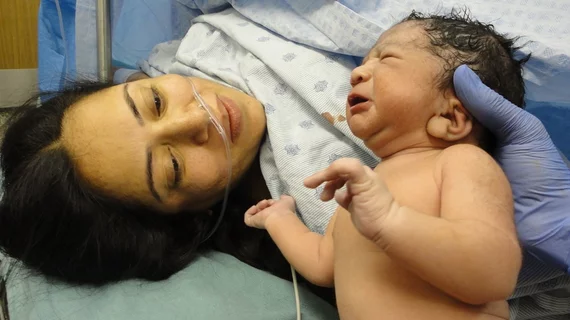Private equity-owned birthing centers in Florida back c-section rule change
Doctors in Florida may now perform cesarean sections outside of hospitals, thanks to a change in the law that’s been backed by private-equity-owned maternity clinics.
Advocates for the new rule said it will lower costs and improve the freedom of mothers to have their babies in different settings. However, some doctors fear the change puts mothers and their babies at risk, as c-sections often come with serious complications best mitigated in a hospital setting.
In statements made to media outlets, the Florida chapter of the American College of Obstetricians and Gynecologists has come out against the law, citing concerns over patient safety that cannot be mitigated by regulation.
The law still requires a c-section be performed at a doctor-run specialty birthing center in lieu of a hospital, which aligns with the interests of Women’s Care Enterprises, which lobbied for the newly relaxed regulations.
Women’s Care Enterprises was acquired by private equity firm BC Partners in 2020.
However, the change is also a response to hospitals across the country—including in Florida—closing their maternity wards, as birthrates in the U.S. hit their lowest in a century. According to statistics from the Centers for Disease Control and Prevention (CDC), the rate of new births in Florida is 54.9 per 1,000 women, a drop of 1.4% since 2023.
Despite the sliding number of births, the c-section delivery rate in Florida has risen over the last few years to 35.8%, one of the highest in the nation.

